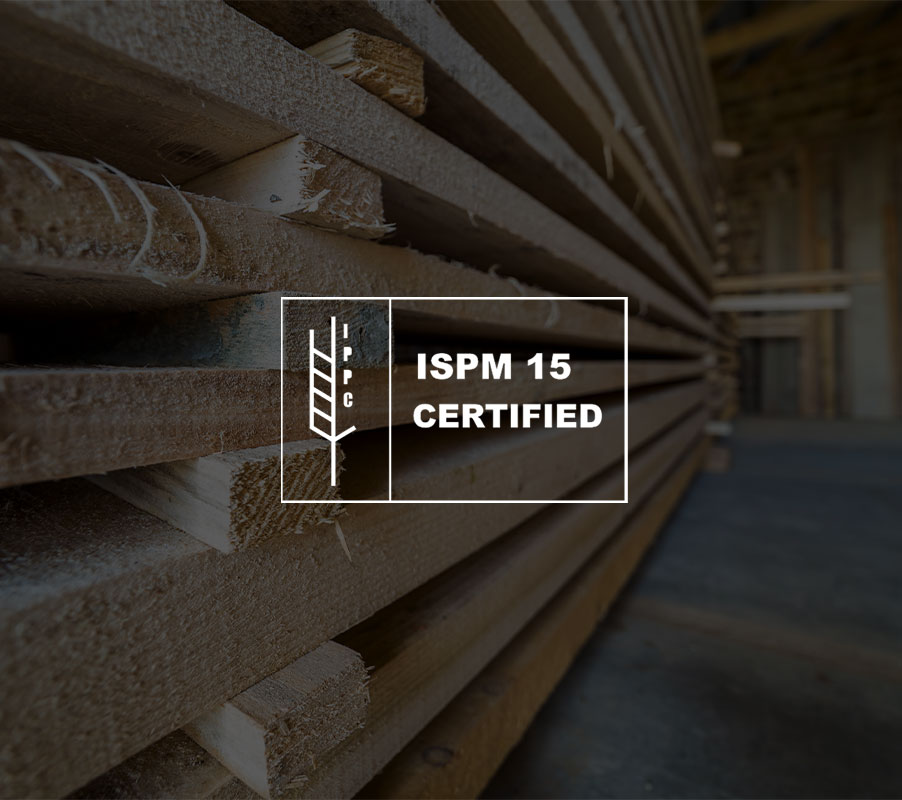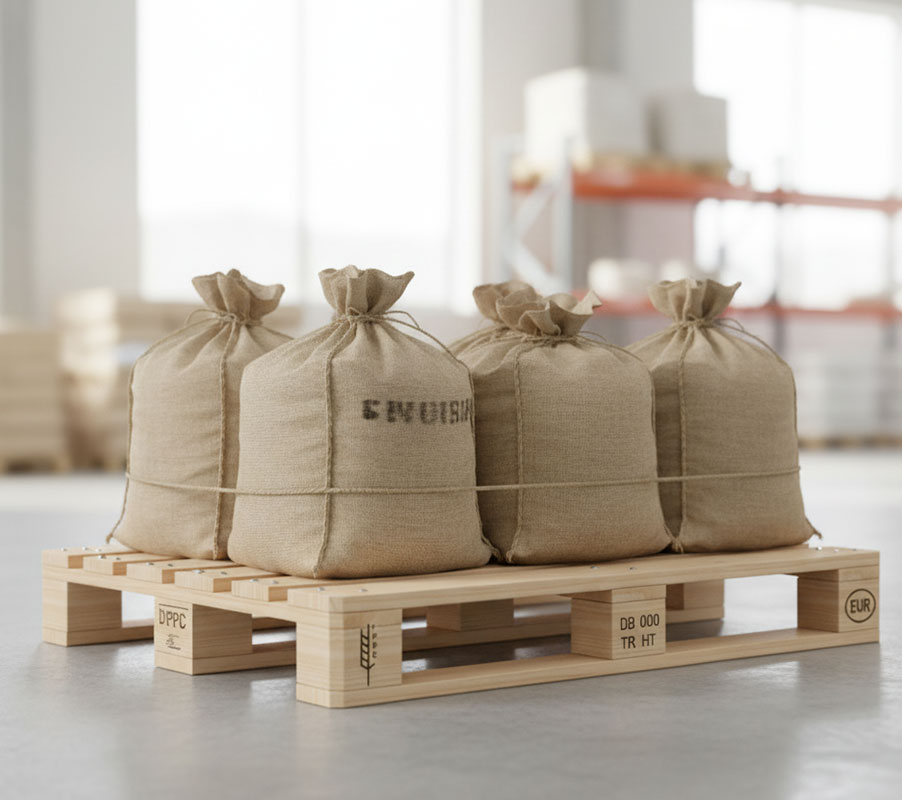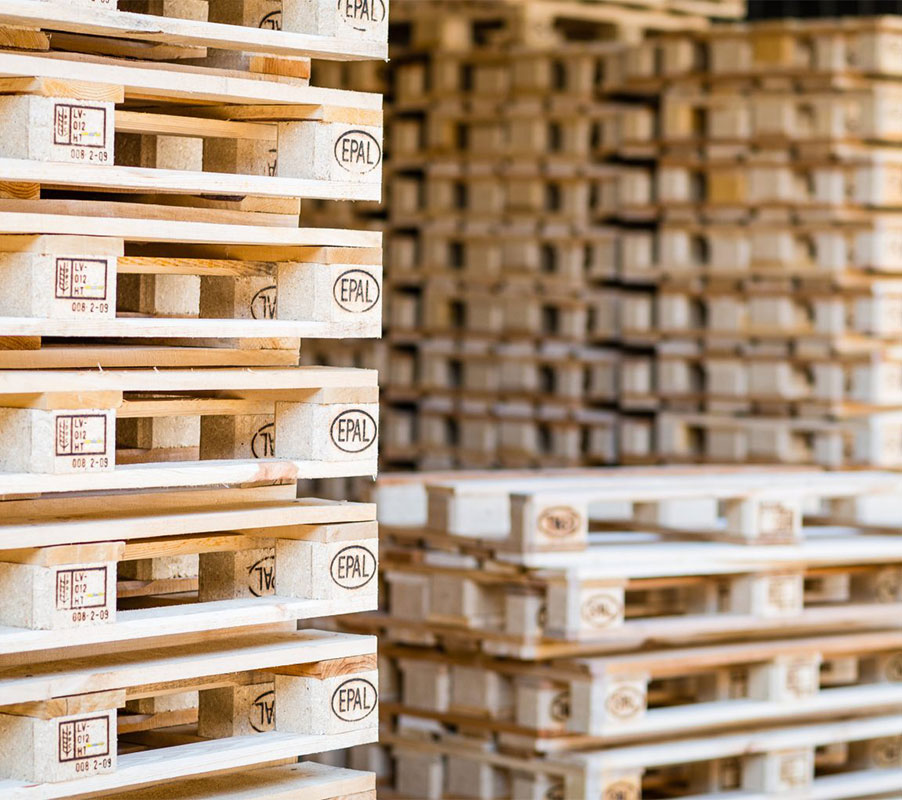
With the rapid growth of global trade, wooden packaging materials have started circulating intensively across borders along with exported goods. However, this movement also brought a serious risk: the transfer of insects, fungi, and other harmful organisms from one country to another.
This problem was addressed with the introduction of the ISPM-15 standard, published in 2002 by FAO (the Food and Agriculture Organization of the United Nations).
What Is ISPM-15?
ISPM-15, short for International Standards for Phytosanitary Measures No. 15, is a global plant health standard that defines the heat treatment (HT) or fumigation procedures required to prevent harmful organisms from being transported in wooden packaging materials such as pallets, crates, boxes, dunnage, and similar products used in international trade.
The main goal is to prevent cross-border spread of pests that may be carried by wood and, in doing so, protect both plant health and ecosystems worldwide.
Why the ISPM-15 Certificate Is Necessary
For exporting companies, the ISPM-15 certificate is not optional — it’s mandatory.
If the pallets or wooden packaging used in an export shipment are not marked with the official ISPM-15 stamp, the shipment may be rejected, quarantined, or returned at customs, resulting in serious time and financial losses.
How the ISPM-15 Process Works
- Heat Treatment (HT): The wooden material is heated in a kiln until its core temperature reaches at least 56°C (132.8°F) for a minimum of 30 minutes. This process eliminates harmful organisms.
- Stamping: Each treated pallet is marked with the official ISPM-15 stamp, which includes the country code, the authorized facility number, and the “HT” symbol (Heat Treatment). Example: TR-0034 HT
- TR → Turkey
- 0034 → Authorized facility code
- HT → Heat treatment
- Certification: Facilities performing the process are audited and certified by the Ministry of Agriculture and Forestry in Türkiye.
Advantages of Heat-Treated PalletsAdvantages of Heat-Treated Pallets
- Export compliance: Eliminates the risk of customs rejection or quarantine for shipments abroad.
- Durability: Increases resistance to decay, insect infestation, and mold.
- Hygiene: Meets strict cleanliness standards required in the food, pharmaceutical, and cosmetics industries.
- Eco-Friendly: As no chemicals are used, it is environmentally safe and sustainable.
Difference Between Heat Treatment and Chemical Treatment
In the past, some manufacturers preferred chemical fumigation methods. However, chemical treatment is harmful to both the environment and human health. Heat treatment, on the other hand, uses only hot air, making it completely natural and fully compliant with environmental management standards such as ISO 14001.
Conclusion: Quality, Safety, and Compliance Combined
Heat treatment is more than just a regulatory requirement — it is a key indicator of quality, safety, and reliability.
If your business exports products, transports goods over long distances, or operates in a sector that requires high hygiene standards, you should always choose heat-treated wooden pallets.
İncir Palet manufactures heat-treated pallets in facilities authorized by the Ministry of Agriculture and Forestry, in full compliance with the ISPM-15 standard. We are here to assist you with all your pallet needs — ensuring safety, quality, and sustainability at every step.





